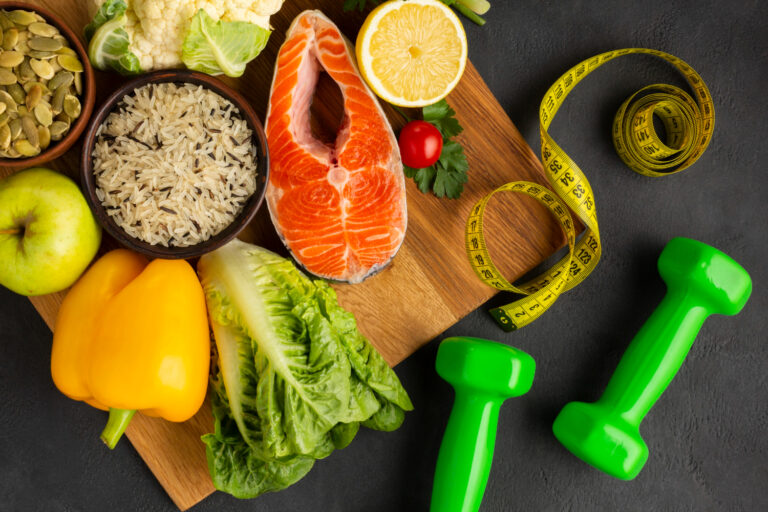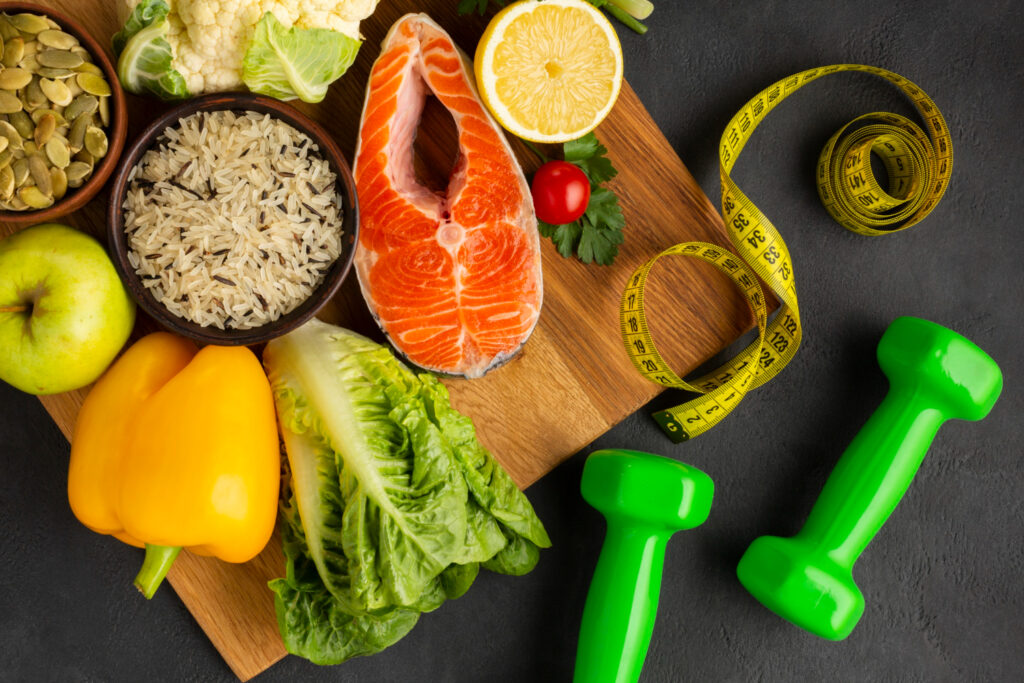
Behind every great athlete is a disciplined diet, and it’s not just about protein shakes and carb loading anymore. In elite sports, nutrition has become a science-backed strategy designed to optimize every phase of an athlete’s performance: preparation, peak effort, and recovery. From macro-balanced meals to hydration protocols and smart supplementation, how athletes fuel their bodies is often what separates consistent winners from those battling fatigue, injury, or burnout.
At the core of most high-performance diets is protein, vital for muscle repair, growth, and post-training recovery. But today’s athletes aren’t just focused on quantity. Timing and source matter just as much. Many follow a routine of spaced-out protein intake throughout the day, typically 20–30 grams per meal, to maintain muscle protein synthesis. Lean meats, eggs, plant-based options, and high-quality whey are common staples, often customized to the athlete’s training load and recovery needs.
Carbohydrates, long misunderstood, are getting a reputation revival. Rather than being sidelined, they’re now carefully timed to fuel explosive energy output and refill glycogen stores after intense training. Endurance athletes, in particular, rely on carb-loading protocols before competition and quick-digesting options post-workout — like fruit, oats, or rice — to recover faster and prep for the next session.
Hydration plays an equally critical role. Even slight dehydration, just 1–2% body weight loss, can impair performance. That’s why elite athletes monitor fluid intake almost obsessively, often pairing water with electrolyte-rich drinks to replace sodium, potassium, and magnesium lost through sweat. Some even use wearable hydration trackers or sweat analysis patches to personalize fluid needs down to the ounce.
Then come supplements, not as shortcuts, but as targeted additions to already-optimized diets. Omega-3 fatty acids, vitamin D, creatine, collagen, and adaptogens like ashwagandha or rhodiola are increasingly common among pros and weekend warriors alike. However, supplementation is rarely one-size-fits-all. Bloodwork, performance data, and consultation with sports dietitians help determine what’s actually needed and what’s marketing fluff.
Recovery meals have also evolved. Gone are the days of grabbing whatever’s available post-game. Athletes now often consume protein-carb combos within a 30-minute window after activity to jumpstart recovery. Think grilled chicken with sweet potato, a smoothie with whey and banana, or even specialized recovery snacks engineered for digestion speed and nutrient absorption.
Even sleep and mood are influenced by diet. Foods rich in magnesium and tryptophan — like almonds, turkey, or tart cherry juice — are often included in evening meals to promote restful sleep and hormonal balance. Gut health, too, is getting new attention, with probiotics and fiber-rich foods helping support immunity, reduce inflammation, and enhance nutrient uptake.
Ultimately, nutrition isn’t just fuel — it’s strategy. Top athletes treat food as part of their training plan, not an afterthought. They eat with intention, timing meals to match their energy cycles, adjusting macros for different phases of the season, and constantly experimenting to find what makes them feel, move, and recover better. And with wearable tech, blood diagnostics, and AI-driven meal planning entering the picture, the future of sports nutrition is only getting more precise.
Because when performance is on the line, every bite counts.

Lorem ipsum dolor sit amet, consectetur adipiscing elit. Ut elit tellus, luctus nec ullamcorper mattis, pulvinar dapibus leo.
Lorem ipsum dolor sit amet, consectetur adipiscing elit. Ut elit tellus, luctus nec ullamcorper mattis, pulvinar dapibus leo.